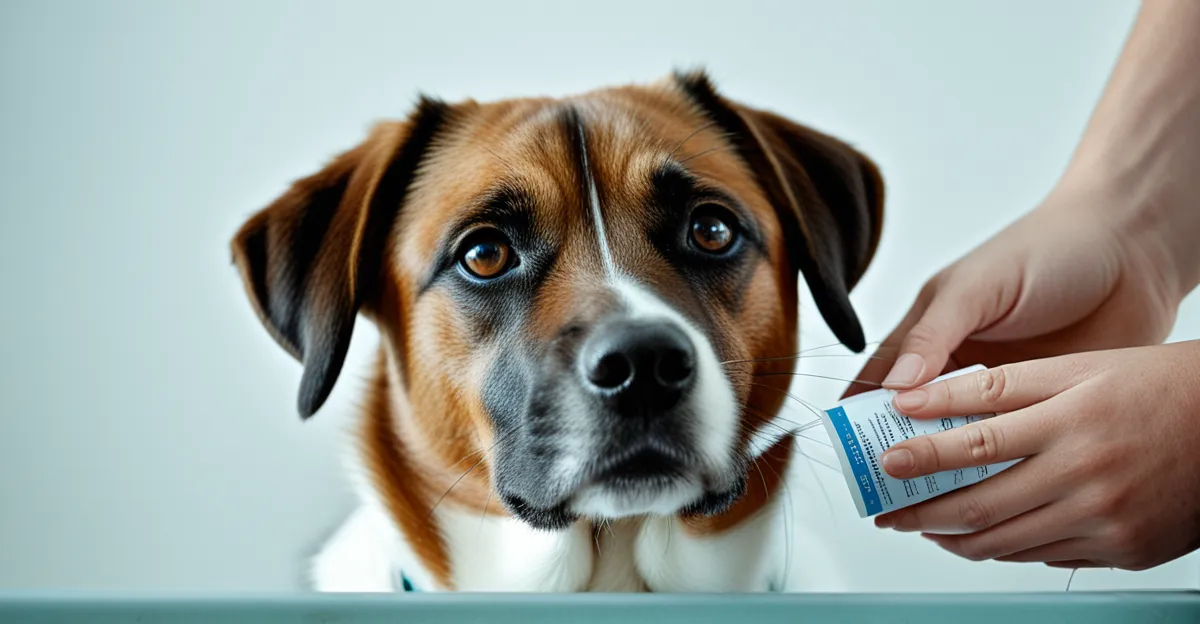Essential UK Pet Vaccination Requirements
Understanding the UK pet vaccinations landscape begins with distinguishing which vaccines are mandatory and which are recommended. The UK government pet vaccination guidelines establish that certain vaccines must be administered to keep pets legally protected and healthy. For example, core vaccines that prevent highly contagious diseases like distemper in dogs or feline enteritis in cats are essential. Failure to comply with these legal requirements can lead to consequences, including restrictions on pet travel or veterinary interventions.
Mandatory pet vaccines vary slightly between species but consistently target serious infectious diseases that pose a threat to animal and public health. The UK enforces these rules through regulations that require pets, especially those traveling abroad, to have records proving vaccination compliance. Vets follow specific protocols aligned with official guidelines to ensure that vaccinations meet legal standards.
In the same genre : How can you support local UK pet shelters and rescues?
Pet owners should be aware that non-compliance with the UK pet vaccination mandates not only risks their pet’s health but may also incur penalties. Regular consultation of up-to-date government guidelines helps maintain compliance, providing peace of mind and safeguarding pets against preventable diseases throughout the UK.
Core Vaccines for Dogs and Cats
Core vaccines form the foundation of dog vaccinations UK and cat vaccinations UK, targeting diseases with severe health impacts. For dogs, mandatory pet vaccines primarily include protection against distemper, parvovirus, canine hepatitis, and often leptospirosis. These diseases are highly contagious and potentially fatal, making their prevention crucial. For cats, core vaccines cover feline enteritis, feline herpesvirus (commonly called feline flu), and calicivirus.
Topic to read : How Can You Make Your UK Pet’s Life More Exciting?
The primary vaccination course typically begins at eight weeks of age, with boosters administered annually or triennially depending on the vaccine and veterinary advice. For instance, the rabies vaccine is required for travel but is not routinely given for domestic protection unless needed for export purposes. Understanding the distinction between core and non-core vaccines is essential; non-core or recommended vaccines target less common diseases and depend on the pet’s lifestyle, geographical location, and health risk factors.
Veterinarians follow UK government pet vaccination guidelines closely to ensure the selection of appropriate core vaccines. These guidelines emphasize administering these vaccines within specific age windows and maintaining booster schedules to uphold immunity. Strict adherence to this protocol ensures pets receive legally required protection against critical diseases prevalent in the UK.
Vaccination Documentation and Compliance
Proper documentation is crucial for proving compliance with UK pet vaccinations legal requirements. A pet vaccination record details all administered vaccines, including dates and types, serving as official proof of protection. For pets traveling abroad or re-entering the UK, a pet passport UK or equivalent health certificate is mandatory. These documents confirm that pets have met all mandatory pet vaccines criteria specified by the UK government pet vaccination guidelines.
Veterinarians play a vital role in maintaining accurate and up-to-date compliance documentation. They ensure every vaccination entry is recorded systematically, reducing risks of errors or missed boosters. Regular updates in vaccination records assist owners in meeting legal requirements promptly, especially when travel plans or health checks arise.
For example, a dog without a valid rabies vaccination record may be denied entry back into the UK. Similarly, incomplete documentation can result in quarantine or denied access to veterinary services. Thus, keeping thorough proof of vaccination not only adheres to legal standards but also safeguards the pet’s health and mobility throughout the UK and abroad.
Special Considerations: Domestic vs. Travel Vaccination Requirements
When comparing pet travel requirements UK to domestic vaccination needs, it’s important to understand that travel vaccinations often extend beyond routine preventive care. While mandatory pet vaccines protect pets from common local diseases, traveling abroad introduces risks of exposure to foreign pathogens, making additional travel vaccinations essential.
The rabies vaccine is a prime example: it is not usually required for pets living solely in the UK but becomes mandatory when exporting pets or re-entering the UK after international travel. Compliance with the UK government pet vaccination guidelines ensures pets meet both domestic and travel-specific requirements, which may include blood tests and waiting periods after vaccination.
Regulatory changes following Brexit have altered some pet travel requirements UK, such as documentation protocols and approved vaccination schedules. Pet owners planning travel must consult current official resources to remain compliant with evolving legal requirements. Failure to meet these may result in quarantine, denied entry, or additional veterinary interventions.
Ultimately, understanding these distinctions helps pet owners balance routine health protection with the added complexities of international travel, securing a smooth journey while upholding all relevant vaccination laws.





